Exploring the Benefits of Minimalism: Decluttering Your Life for Joy
In a world that often encourages more, more, more, the minimalist lifestyle has emerged as a refreshing antidote. Minimalism isn't just about having fewer possessions; it's a mindset that emphasizes intentional living and finding joy in simplicity. In this article, we'll delve into the essence of minimalism, the decluttering process, and the myriad benefits that come with embracing a minimalist lifestyle.
The Essence of Minimalism
Minimalism, as a lifestyle and design philosophy, finds its roots in simplicity, intentional living, and the rejection of excess. At its core, minimalism encourages individuals to evaluate their possessions and pursuits, keeping only what adds value and brings joy.Marie Kondo: "The objective of cleaning is not just to clean, but to feel happiness living within that environment."
Joshua Becker: "Minimalism is the intentional promotion of the things we most value and the removal of everything that distracts us from it."
Theory and History
The theory of minimalism goes beyond mere aesthetics; it's a response to consumer culture and the idea that more possessions lead to greater happiness. The roots of minimalism can be traced back to various art movements, including the minimal art of the 1950s and '60s, characterized by simple geometric shapes and a focus on materials.The term "minimalism" gained traction in the 1960s when artists and architects began exploring the idea of "less is more." Architect Ludwig Mies van der Rohe popularized the phrase, emphasizing the value of simplicity and functionality. Over time, minimalism evolved into a lifestyle movement, encompassing not just design but also attitudes toward consumption, relationships, and life choices
Remember, the goal is not to have fewer possessions for the sake of having less, but to have what you need and love, creating a space that brings you peace and clarity.
Decluttering Process: Simplifying Your Space
Decluttering is a gradual process that involves making intentional decisions about what to keep, what to discard, and how to organize your possessions. Here's a step-by-step guide to help you embark on your decluttering journey:
Start Small:
The Three-Box Method:
Questions to Ask Yourself:
Digital Decluttering:
Start Small:
- Begin with a specific area, like a closet or a desk, rather than attempting to tackle your entire home at once. This prevents overwhelm and allows you to see progress more quickly.
The Three-Box Method:
- Keep: Items you use regularly or truly cherish.
- Donate/Sell: Things that are in good condition but not serving you.
- Discard: Items that are damaged or beyond use.
- Have I used this item in the last six months to a year?
- Does it hold sentimental value?
- Does it contribute to my current goals and lifestyle?
Digital Decluttering:
- Extend the process to your digital space. Clean up your email inbox, delete unused apps, and organize your digital files.
One In, One Out Rule:
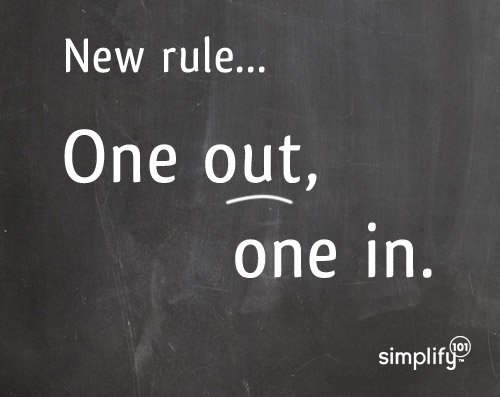
- Implement this rule to maintain a clutter-free space. For every new item you bring in, commit to getting rid of an old one.
Create Designated Spaces:
- Assign specific places for regularly used items. This ensures that everything has a home, making it easier to keep things organized.
Here are some more practical examples to guide readers through the decluttering process:
Clothing: When decluttering your wardrobe, ask yourself if you've worn a particular item in the last six months. If not, consider donating or selling it. Minimalism in clothing often means having a few versatile, high-quality pieces.
Books and Magazines: If you're an avid reader, go through your bookshelves. Keep only the books that hold sentimental value or those you plan to read in the near future. Consider digital alternatives for magazines to reduce physical clutter.
Kitchen Utensils: Assess your kitchen for duplicate or seldom-used utensils. Keeping only the essentials can make cooking more enjoyable and your kitchen more organized.
Digital Clutter: Delete unnecessary files, organize folders, and streamline your email inbox. A clutter-free digital space can contribute to peace of mind. Reogranise your photos albums in your other devices like phones, Tablet, PCs.
Furniture: Consider the functionality of each piece of furniture. If a piece doesn't serve a practical purpose or bring you joy, think about whether you truly need it.
Remember, the key is to be intentional about what you keep and surround yourself with items that add value to your life. These examples can be adapted to various aspects of daily living, helping readers apply minimalism in a way that suits their lifestyle.
"Have nothing in your house that you do not know to be useful, or believe to be beautiful."
- William Morris
Benefits of Practicing Minimalism
"The more you have, the more you are occupied. The less you have, the more free you are."
- Mother Teresa
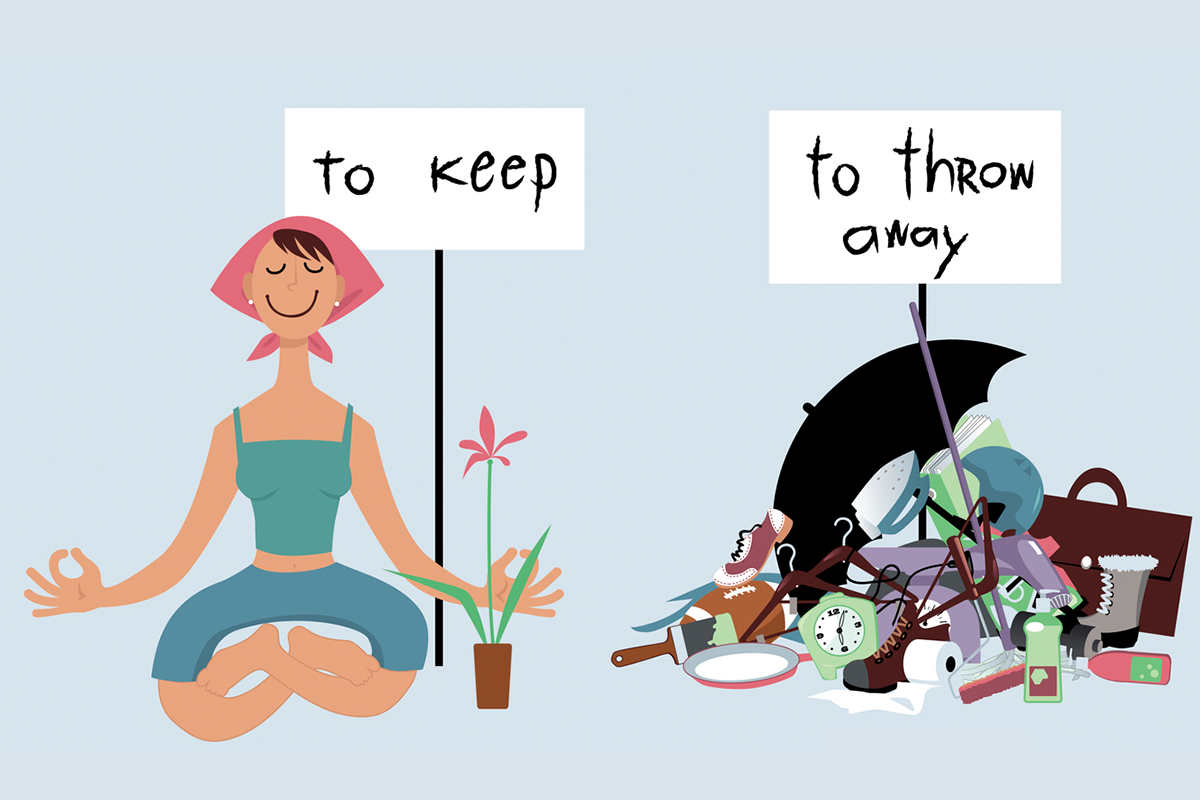
Increased Productivity and Focus: Minimalism encourages prioritization and focus on what truly matters. By decluttering your physical space and mental clutter, you can enhance your ability to concentrate and be more productive. Research suggests that a tidy environment can lead to better cognitive function and decision-making.
Improved Financial Health: Embracing minimalism often involves reevaluating spending habits and prioritizing needs over wants. Research indicates that minimalists tend to have lower levels of debt and higher levels of savings compared to those who accumulate material possessions. By living within your means and practicing mindful consumption, you can achieve greater financial stability and security.
Enhanced Relationships: Minimalism emphasizes the importance of meaningful connections and experiences over material possessions. Research has shown that individuals who prioritize relationships and experiences tend to report higher levels of life satisfaction and happiness. By simplifying your life and focusing on quality over quantity, you can strengthen your relationships and cultivate deeper connections with others.
The less I needed, the better I felt." - Charles Bukowski
Environmental Benefits: Minimalism promotes sustainability and mindful consumption, which can have positive effects on the environment. Research suggests that reducing consumption and waste can help mitigate environmental degradation and promote ecological balance. By adopting minimalist practices such as recycling, upcycling, and reducing energy consumption, you can contribute to a healthier planet for future generations.
1. Managing sentimental attachmentsEmbracing a minimalist lifestyle offers a multitude of benefits, from reducing stress and increasing focus to fostering a greater sense of clarity and purpose. However, the path to minimalism is not always smooth sailing. Like any significant lifestyle change, adopting a minimalist mindset comes with its fair share of challenges. From overcoming emotional attachments to confronting societal pressures, navigating the obstacles on the journey to minimalism requires patience, perseverance, and a willingness to embrace discomfort.
"The first step in crafting the life you want is to get rid of everything you don't." - Joshua Becker
Here are some tips on overcoming the challenges of practicing minimalism:
As explained earlier, take small steps and begin by decluttering less emotionally charged items, gradually working your way to sentimental belongings. Take photos of items with sentimental value before letting them go, creating a digital memory.
2. Social Pressures and Consumerism
Communicate openly with friends and family about your journey toward minimalism. Suggest alternative ways of spending time together, such as experiences or shared activities, to shift the focus away from material possessions.
3. Fear of Missing Out (FOMO)
Embrace the joy of missing out. Recognize that experiences, not possessions, lead to lasting happiness. Focus on the value of your choices rather than external expectations.
Communicate openly with friends and family about your journey toward minimalism. Suggest alternative ways of spending time together, such as experiences or shared activities, to shift the focus away from material possessions.
3. Fear of Missing Out (FOMO)
Embrace the joy of missing out. Recognize that experiences, not possessions, lead to lasting happiness. Focus on the value of your choices rather than external expectations.
4. Resisting Impulse Purchases
Adopt a 30-day rule before making non-essential purchases. If you still desire the item after a month, consider its true value in your life. This practice reduces impulse buying and promotes intentional consumption.
5. Balancing Minimalism with Hobbies
Assess your hobbies and interests. Keep items that genuinely contribute to your passions and let go of those that no longer align with your values. Prioritize experiences over collecting.
6. Maintaining a Minimalist Home
Regularly assess your living space. Designate specific areas for items and return them to their place after use. Adopt a "one in, one out" rule for new possessions to prevent clutter from accumulating.
Overcoming challenges in minimalism is a continual process of self-discovery and intentional living. By implementing these practical tips, individuals can navigate obstacles and cultivate a more fulfilling and purposeful life.
The secret of happiness, you see, is not found in seeking more, but in developing the capacity to enjoy less." - Socrates

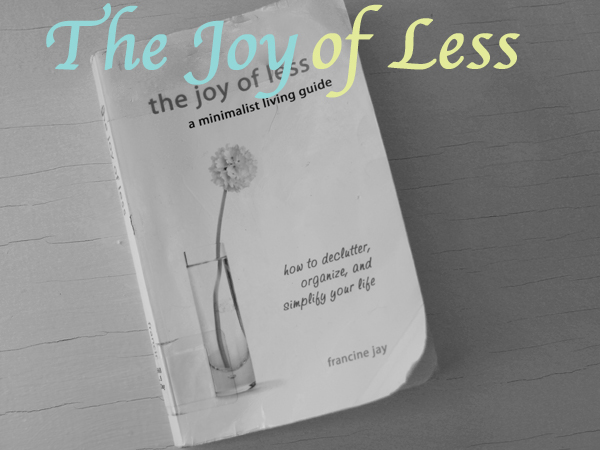



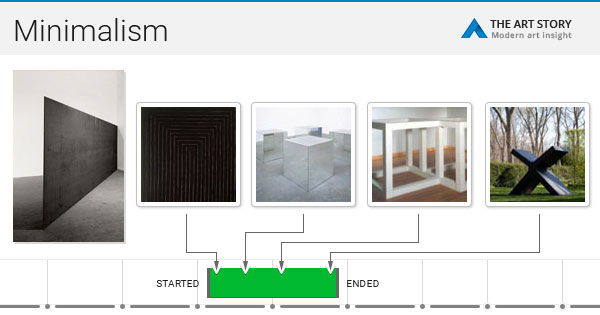


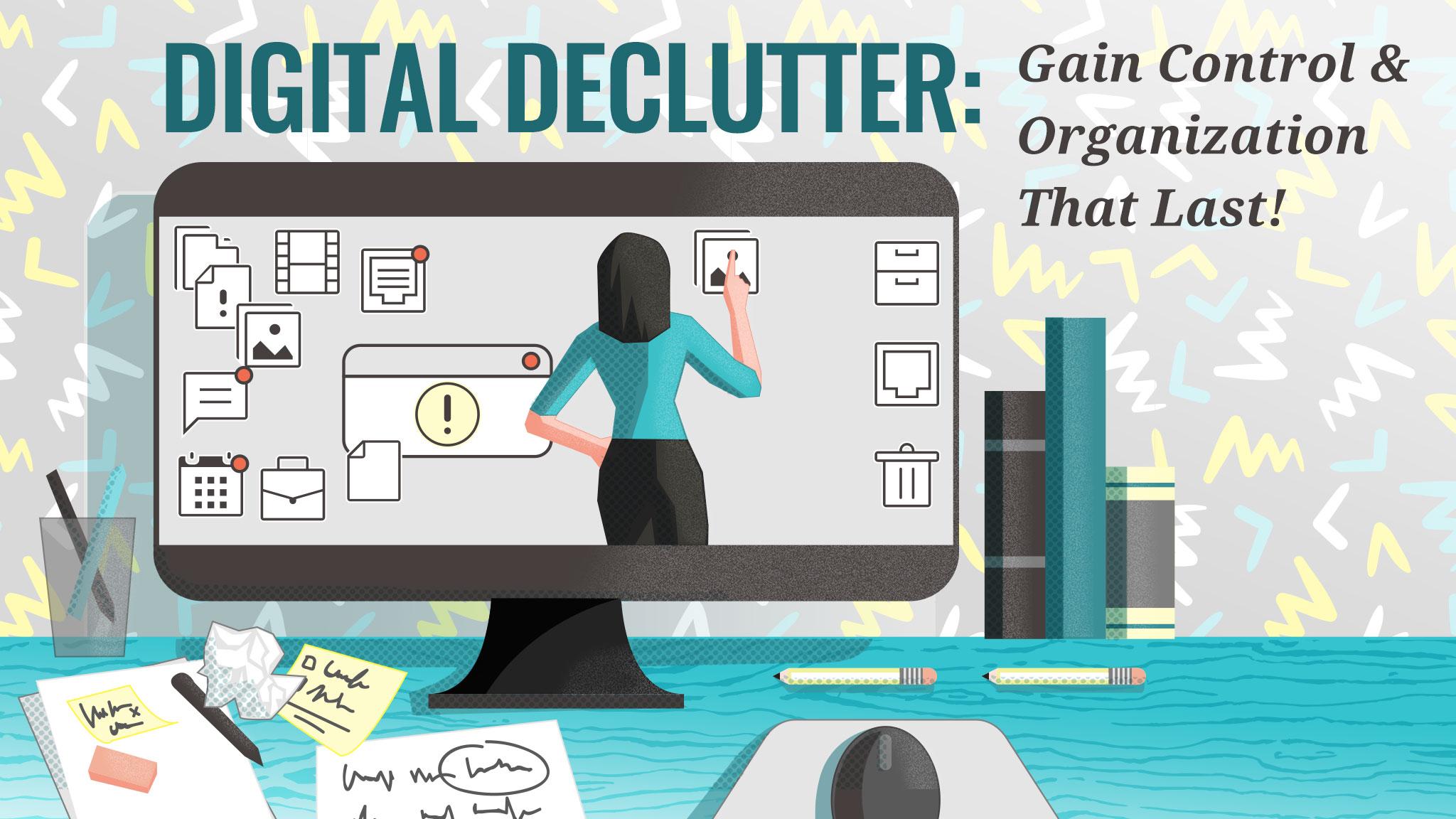
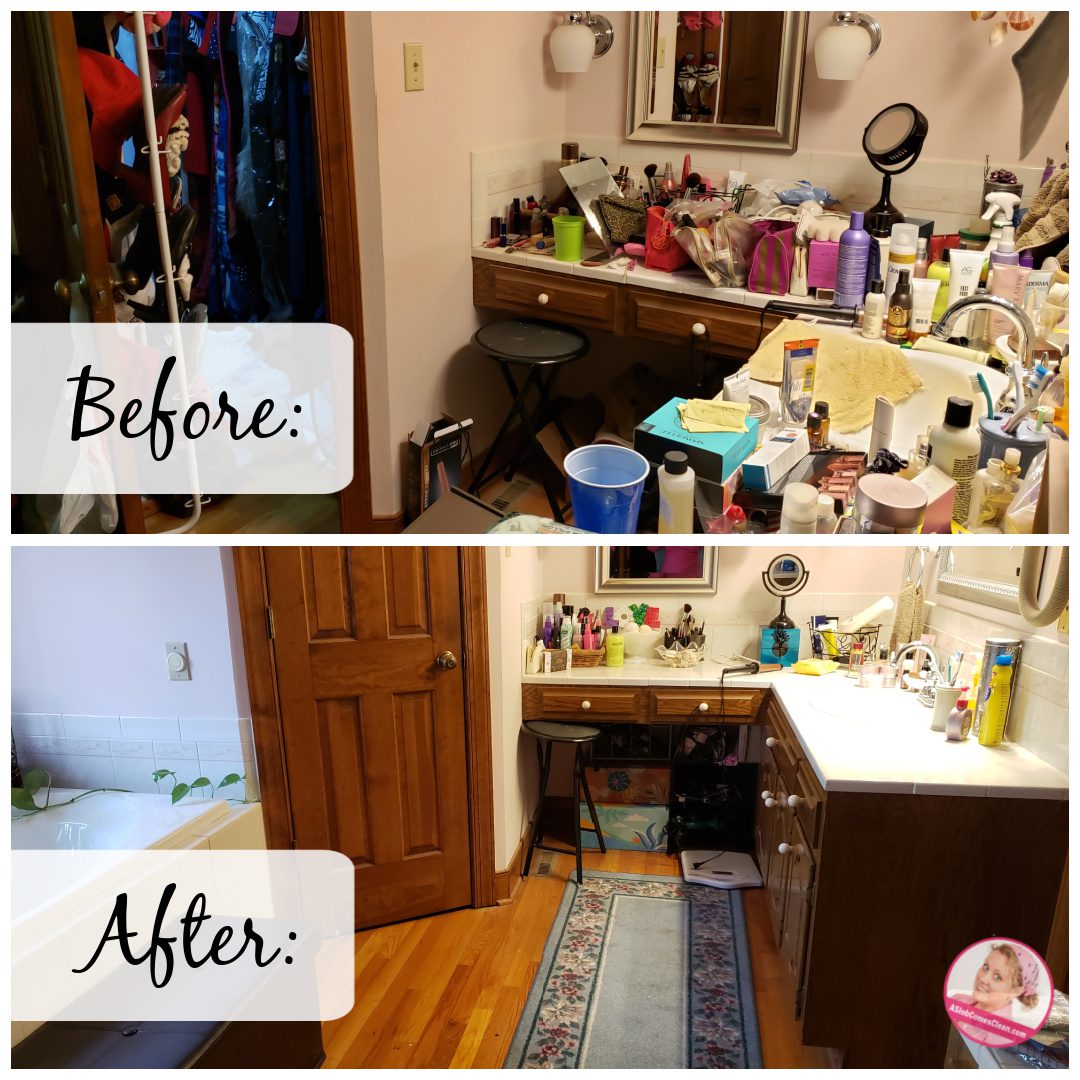

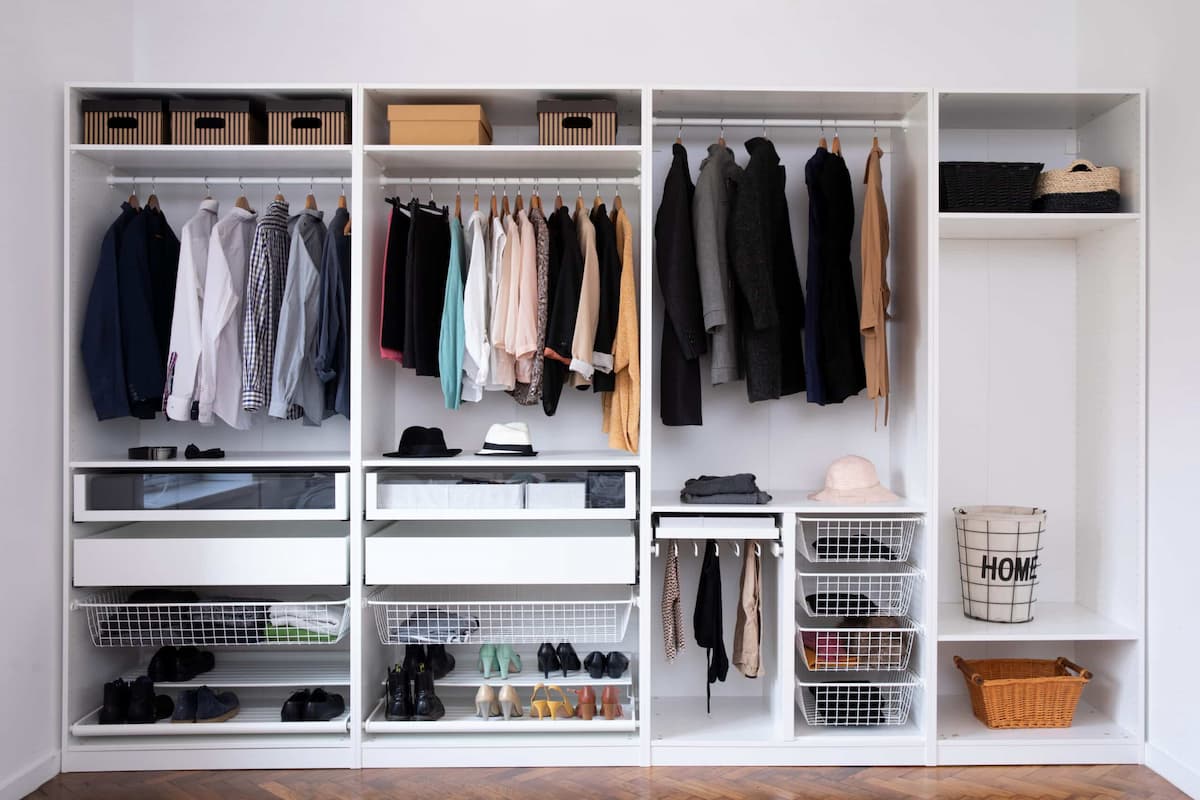

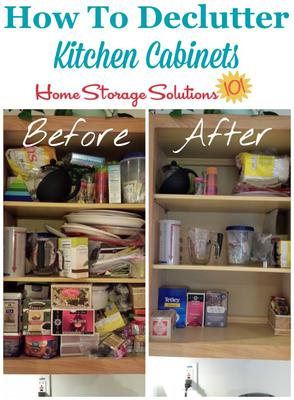
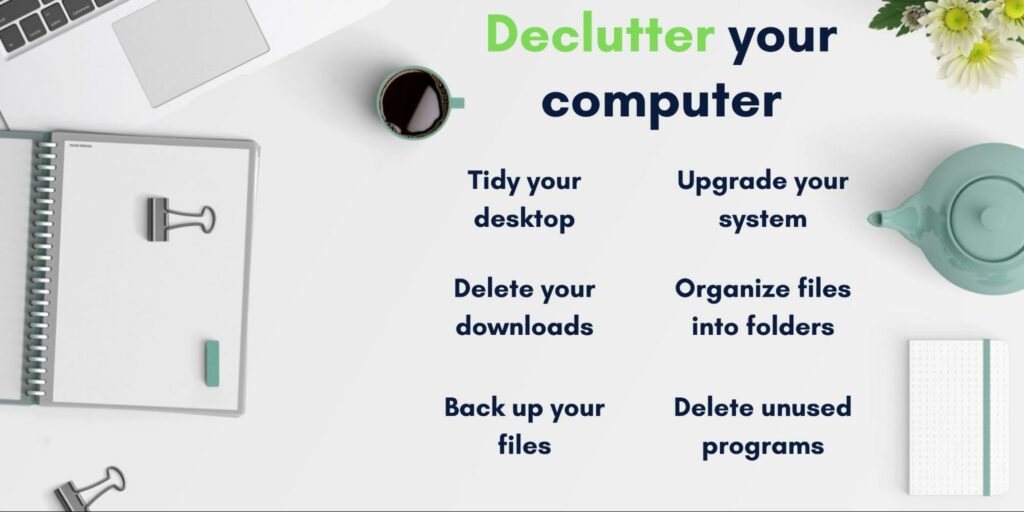

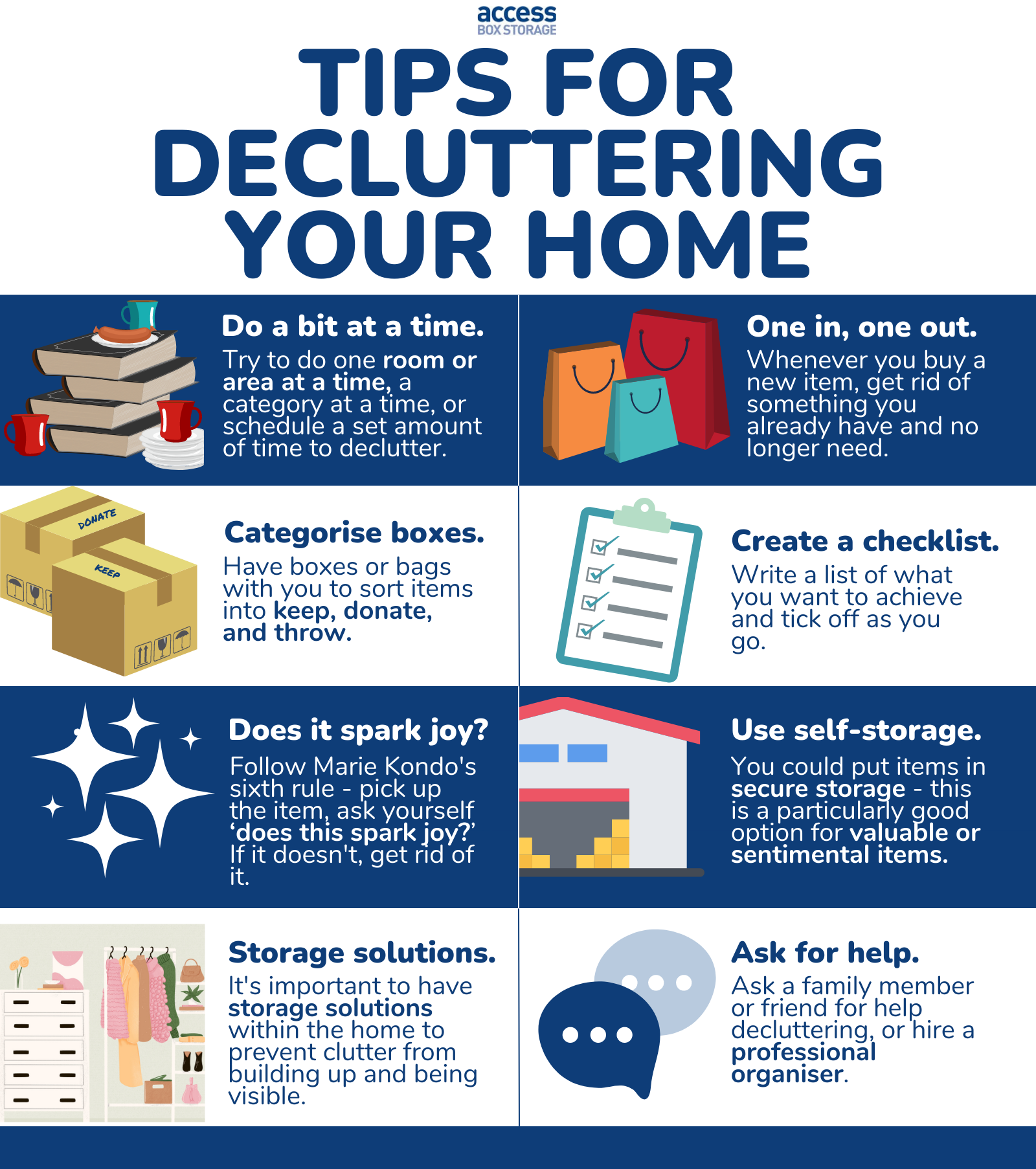
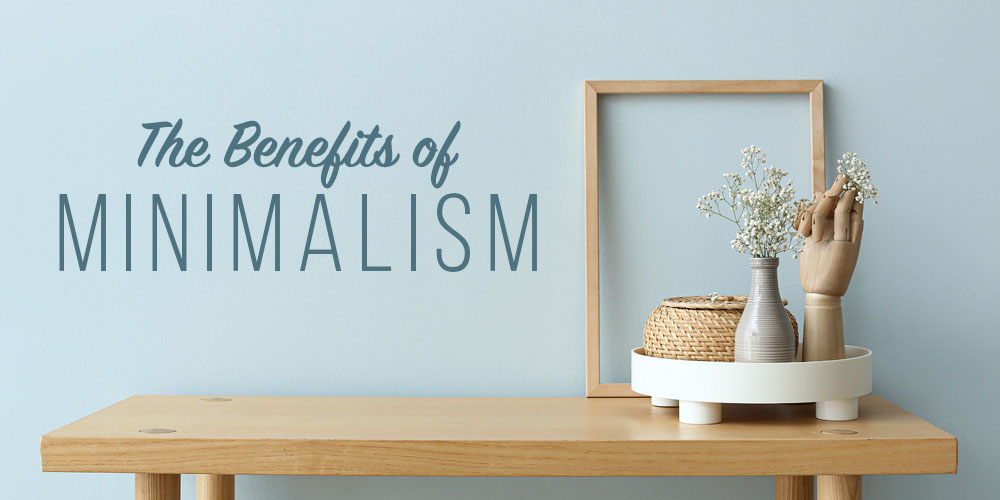

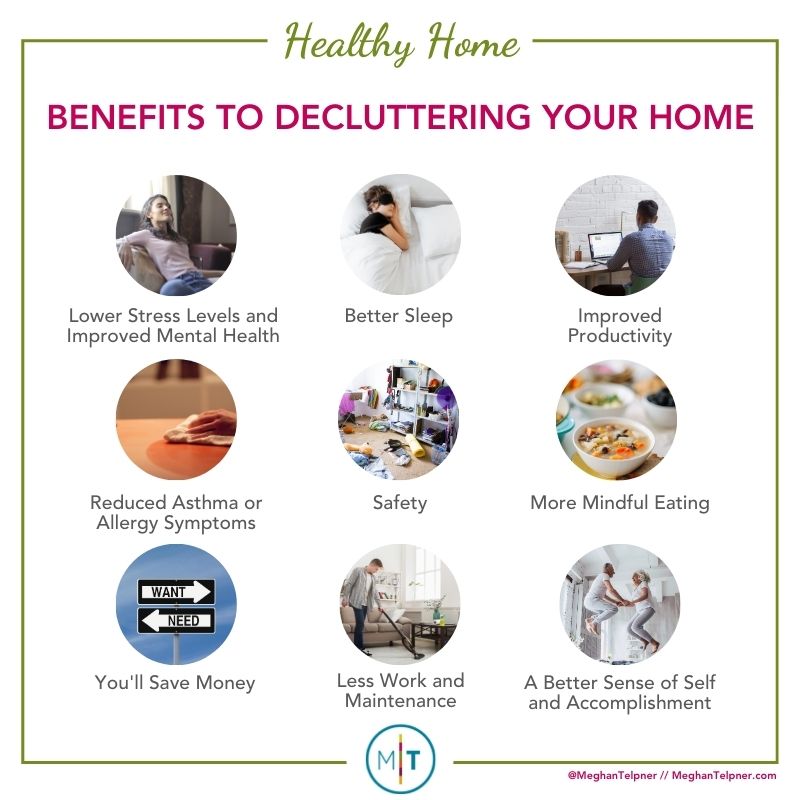

:max_bytes(150000):strip_icc()/how-to-cope-with-fomo-4174664_final_edit-5cd047aed7644efbaa9399adf8ff04d0.jpg)

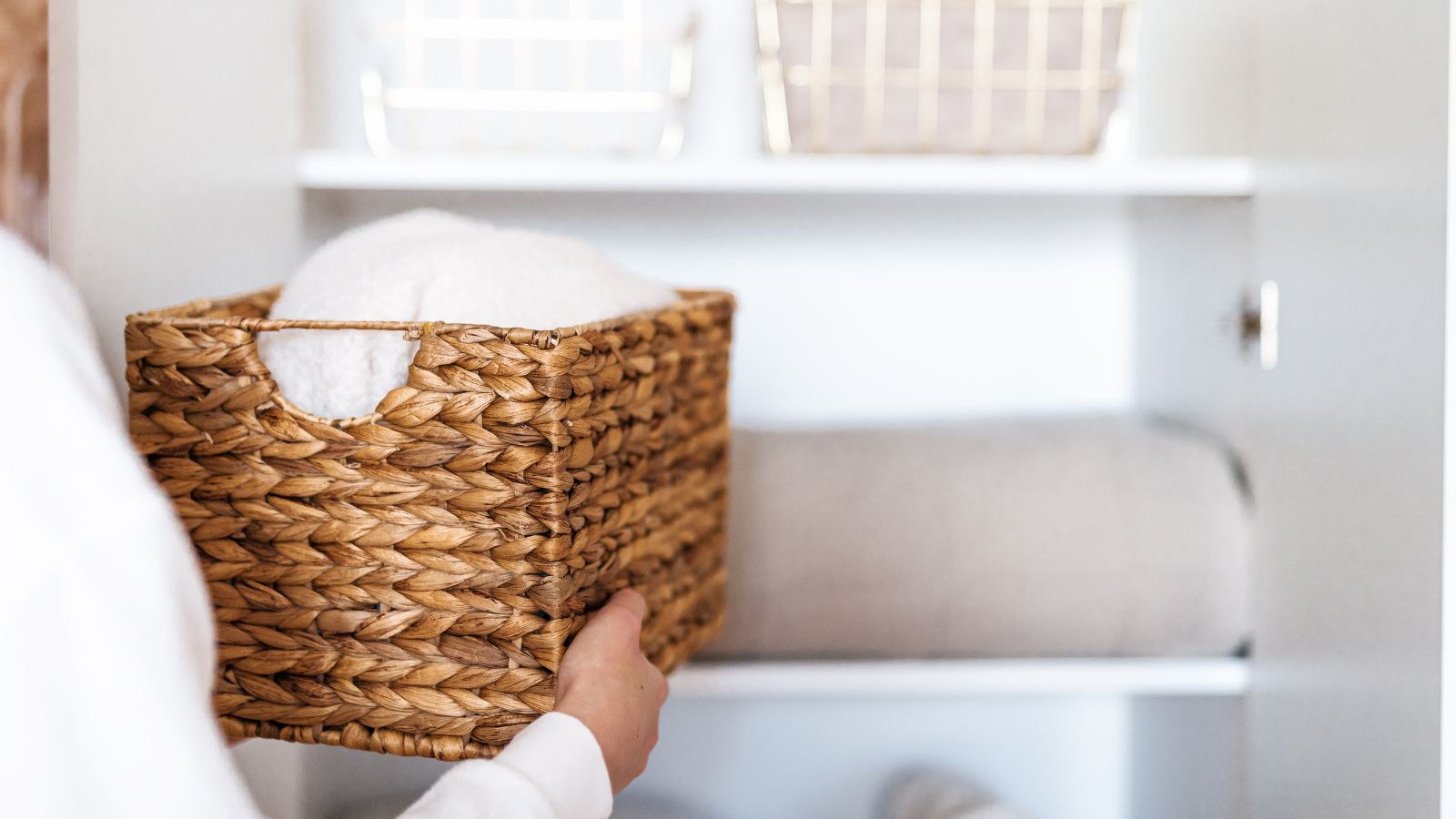

Comments
Post a Comment